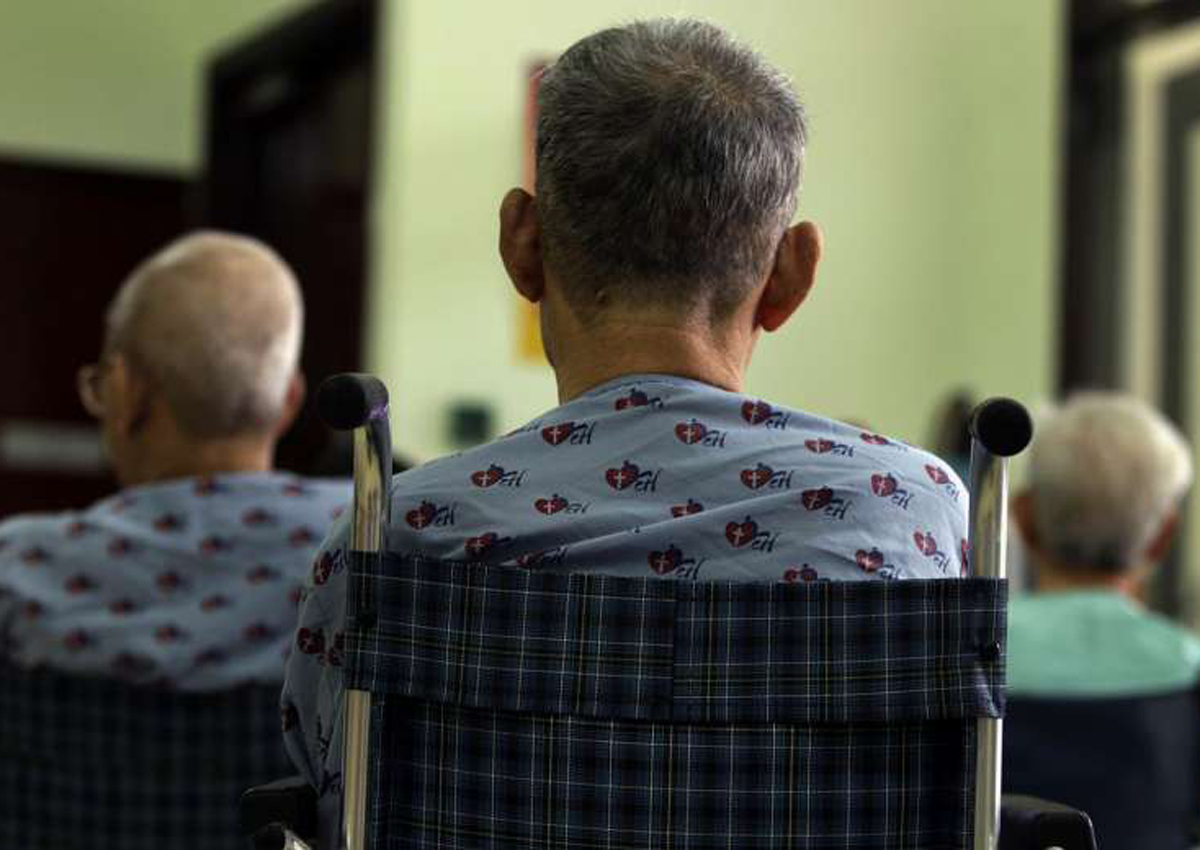MPs yesterday welcomed as timely the changes to strengthen the law to better protect those who lose their mental capacity.
But several of them called for more to be done to make sure those appointed as professional donees and deputies to safeguard the well-being of these individuals are properly regulated and trained.
They also wanted to know whether the fees charged by these entrusted persons will be regulated.
“The role as a donee and deputy is a serious obligation and may require the professional to make complex decisions,” said Ms Rahayu Mahzam (Jurong GRC), who suggested they be given training.
Responding to MPs during the debate on changes to the Mental Capacity Act, Minister for Social and Family Development Tan Chuan-Jin said he fully agreed with better training and regulation.
“Through that process of a training programme, we can possibly also detect that if individuals are not suitable, we may then not register them accordingly,” he said.
Mr Tan also said controlling fees might not be the best way to keep prices affordable. In fact, it might deter competent service providers from taking up such roles.
He added that his ministry will also work with partners to ensure that free or low-cost services and financial assistance is made available to low-income earners, to engage others to safeguard their interests.
Parliament yesterday approved amendments to the Mental Capacity Act to better protect those who lose the ability to make decisions for themselves.
Key changes include the introduction of professional donees and deputies who are paid to make key decisions on behalf of the mentally incapacitated. The courts will also have more powers to revoke or suspend a Lasting Power of Attorney (LPA).
MPs welcomed the pre-emptive provision to revoke an LPA should the donor appear at risk of being exploited. But some wondered whether LPA appointments should be made more stringent.
Ms Denise Phua (Jalan Besar GRC) cited the case of former China tour guide Yang Yin and wealthy widow Chung Khin Chun, saying: “It is alarming that a foreign citizen who is not related to the donor can be granted an LPA that effectively gave him control of more than $35 million of her assets.”
Ms Joan Pereira (Tanjong Pagar GRC) said: “It is far better to choose a suitable one than to go through the process of getting rid of an unsuitable donee or deputy.”
She asked if a red flag will be raised when a person with children appoints an unrelated donee, and if the donee is a foreigner.
Mr Tan, in reply, said the law must respect the choice a person has made while he has mental capacity. “We may not always agree with the decision, we may think that the decision is unwise, but if they still retain their full mental faculties, that is something that we have to respect,” he said.
Mr Tan added that the Office of the Public Guardian will step in only when there is abuse, but the officer should not “act as an arbiter of another’s choices”.
Ms Sylvia Lim (Aljunied GRC) asked if applications for parents to be appointed deputies for their disabled children can be simplified, citing the high cost of applications.
Mr Louis Ng (Nee Soon GRC) asked if parents can be appointed as deputies by default. Not all parents are suitable for the role, said Mr Tan, citing those who are abusive, or seriously ill.
As for costs, Mr Tan said a pilot project with the Movement for the Intellectually-Disabled Singapore and the National University of Singapore Law Faculty has seen costs average $300 a family, compared with $5,000 if lawyers were involved.
The next phase involves children with special needswho have left school and have other forms of intellectual disabilities and autism.
MPs also called for greater publicity on LPAs, given the low take-up rate. Mr Vikram Nair (Sembawang GRC) said he did a straw poll of some MPs and was sorry to report that none, himself included, had executed their LPAs yet.
Some 20,000 LPA applications have been made since the scheme began in 2010, and over 17,000 have been accepted. Mr Tan said the figure grew from 480 in 2010 to 8,400 last year, but this “is still not enough”. He said he would consider a proposal to have Pioneer Generation Ambassadors promote LPAs to the elderly.
KEY AMENDMENTS
INTRODUCTION OF PROFESSIONAL DONEES, PROFESSIONAL DEPUTIES
These persons are appointed and paid to make key decisions on behalf of those who are mentally incapacitated, in response to a rising number of elderly singles and elderly couples without children
BETTER PROTECTION FROM ABUSE
It will be easier for the court to revoke or suspend a Lasting Power of Attorney (LPA) when there is a high risk of donors or deputies exploiting the person, such as when he is charged or convicted of offences involving fraud or dishonesty. This will prevent him from using any assets while investigations are ongoing
GREATER CERTAINTY
Commercial transactions made by a donee or third party who did not know that an LPA had been revoked or suspended will be protected. Previously, only transactions made on LPAs that were not validly created were covered
MORE HELP FOR PUBLIC GUARDIAN
Operations of the Office of the Public Guardian will be improved with the appointment of an Assistant Public Guardian.
The Public Guardian will also be allowed to appoint auditors and replace the Public Guardian Board with an administrative Advisory Panel
kxinghui@sph.com.sg

This article was first published on March 15, 2016.
Get a copy of The Straits Times or go to straitstimes.com for more stories.






